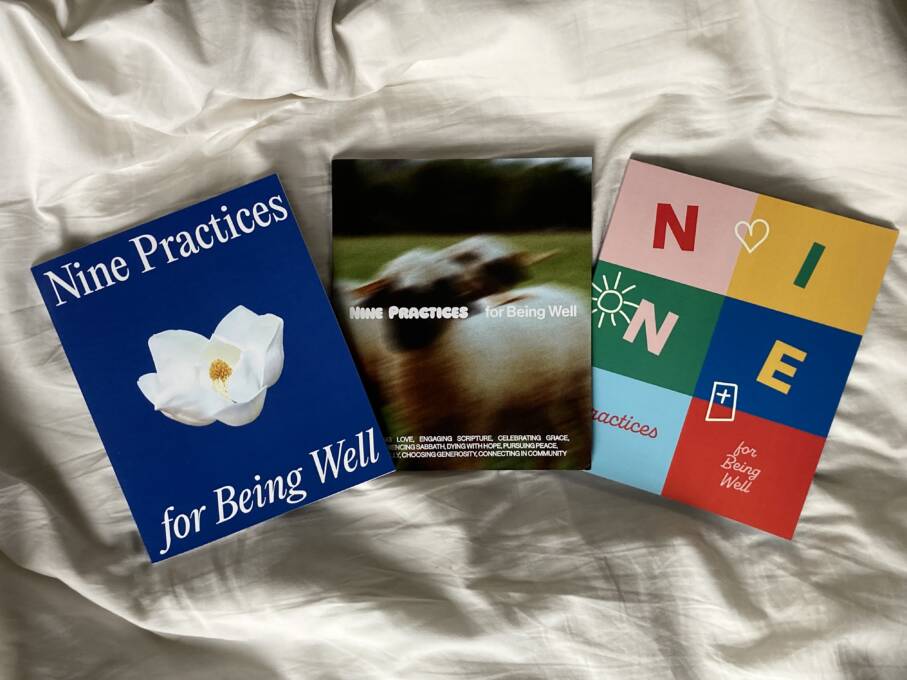Tuesday: Mind Implant or Mind Surgery?
Daily Lesson for Tuesday 20th of January 2026
An increasing number of companies around the world are working on technology that combines the processing power of computers with the human brain. In other words, by connecting minds to computers, scientists hope to impact our thoughts through the computers. Although implant use with the human brain may promise positive results, which include helping to manage epilepsy, depression, and Parkinson’s disease, more sinister uses are not difficult to imagine. Mind control cannot be far away.
In some ways, it’s already here. Our mind is like a computer, only far superior. The constant information flow, to which we are daily exposed, “programs” our mind, conditions our thoughts, and guides our actions.
When we immerse ourselves in media, the worldly way people think stamps its impression on our minds, and we begin thinking the same way. It’s as if other people’s minds were implanted or melded into ours.
We are, like Jesus, to be “spiritually minded” (Romans 8:6). “No one knows the things of God except the Spirit of God,” which Paul contrasts with “the spirit of the world” (1 Corinthians 2:11-12, NKJV). Who is our teacher? And what are we learning?
Read Philippians 2:5. What do you think it means to have the “mind” of Christ?
Ultimately, we can change our mind, but we can’t change our heart; only God can. The Holy Spirit needs to perform heart surgery on us, wielding the “sword of the Spirit” (Ephesians 6:17), the “living and powerful” Word of God, “piercing even to the division of soul and spirit, and of joints and marrow, and is a discerner of the thoughts and intents of the heart” (Hebrews 4:12, NKJV). Only through the Holy Spirit can we really know ourselves because, by nature, our own heart deceives us (Jeremiah 17:9). The Hebrew word for “deceitful” (‘aqov) refers to bumpy ground that trips us up; by extension, it means thoughts that are tortuous, twisted, and crooked. We must be transformed by the “renewing” of our mind in order that we may “prove what is that good and acceptable and perfect will of God” (Romans 12:2, NKJV).
|
Why is it so important that we follow what Paul tells us here: “Finally, brethren, whatever things are true, whatever things are noble, whatever things are just, whatever things are pure, whatever things are lovely, whatever things are of good report, if there is any virtue and if there is anything praiseworthy—meditate on these things” (Philippians 4:8, NKJV)? |
AdventInnovate: Bible Study Resource – “Nine Practices for Being Well”

“Nine Practices for Being Well” is a Bible study and spiritual-formation resource from La Sierra University Church designed to help people connect faith with everyday life. Built around nine core Christian practices, it blends Scripture, reflection, discussion, and simple weekly habits that support spiritual and relational well-being. The resource works well for individuals, small groups, […] Source: https://atoday.org/adventinnovate-bible-study-resource-nine-practices-for-being-well/
AdventHealth Hendersonville Opens New 27/7 Emergency Care Department For Pregnant Mothers

19 January 2026 | The average pregnant mother with emergency care needs in the United States, must weigh the cost benefits of going to the Emergency Department in most hospitals. According to the Obstetric Hospitalist Group: “Obstetric emergencies demand specialized knowledge, immediate access to skilled clinicians, and consistent on-site coverage. Traditional EDs, staffed by general […] Source: https://atoday.org/adventhealth-hendersonville-opens-new-27-7-emergency-care-department-for-pregnant-mothers/
Why We Must Choose Jesus
Did Adam ask God to create Him and bring Him to life? No more than our children can ask us to be born! So, how can we ask God to make us alive when we ARE alive? How can we ask Him to free us when we ARE free? How can we ask Him to choose us if we've already chosen Him? This is a great time to ask yourself if you believe God has made you alive through His Son, Jesus. If you believe it, comment "ALIVE" today. Source: https://www.youtube.com/shorts/QcmV8bLUSwk
God First: Your Daily Prayer Meeting #1251
Bible verse of the day: “2 Corinthians 1:10 – "He has delivered us from such a deadly peril, and he will deliver us again. On him we have set our hope that he will continue to deliver us," Welcome to our Daily Prayer Meeting! This is a safe space where you are seen, heard, and prayed for. Start your day in God's presence—every day at 8AM ET, we share a short devotional from God's Word and lift your prayer requests to Him. You're not alone! Our prayer team is here to intercede with you and for you. Whether you need prayer, celebrate a breakthrough, or start your day with Jesus, you're in the right place.
Share your prayer requests or testimonies of praise here: https://wkf.ms/3DBuapQ
Engage with us in the comments:
• How can we pray for you today?
• Where are you watching from?
• What are you thankful for? How has God answered your prayers? Let’s grow together in faith, hope, and love—one prayer at a time. Don’t forget to subscribe and turn on notifications so you never miss a prayer. 🔔 Share this video with someone who needs hope or tag a loved one who needs encouragement today. Today’s Message: Pr. Peter Horvath The Seventh-day Adventist Church has been an established denomination since 1863. It is a global Christian family with over 21 million members who hold the Bible as the ultimate authority. We are believers committed to helping people understand the Bible to find freedom, healing, and hope in Jesus. Want to learn more about the Seventh-day Adventist Church? Visit our website at: https://www.adventist.org/ Find us on social media by following the links below:
Facebook:
https://www.facebook.com/theadventistchurch
Instagram:
https://www.instagram.com/adventistchurch
Twitter/X: https://twitter.com/adventistchurch 👉 Want more prayer moments?
Watch our full playlist of daily prayer videos here: https://youtube.com/playlist?list=PL-k2Gb-DBYo–V8axD7iFUL6TFEckrhxv&si=vIljgfwrSZN6iJR2 God First, Daily Prayer, Prayer Meeting, Christian Prayer, Morning Devotional, Hope In Jesus, Bible Verse Of The Day, Prayer Request, Faith Community, Seventh Day Adventist Source: https://www.youtube.com/watch?v=9fHFxTgMe7w
20240323 02
20240323 01
20240322 01
Ti sembra che tutto stia crollando? #drittoalcuore
C’è una promessa che può cambiare il tuo modo di affrontare la battaglia. 📖 “Il Signore combatterà per voi e voi ve ne starete tranquilli,” (Esodo 14:14). Anche quando non vedi soluzioni, Dio ha già un piano. #MeditazioneDelGiorno #HopeMediaItalia #Fede #Speranza Source: https://www.youtube.com/shorts/T95lnU3dIhE
- « Previous Page
- 1
- …
- 53
- 54
- 55
- 56
- 57
- …
- 4853
- Next Page »


